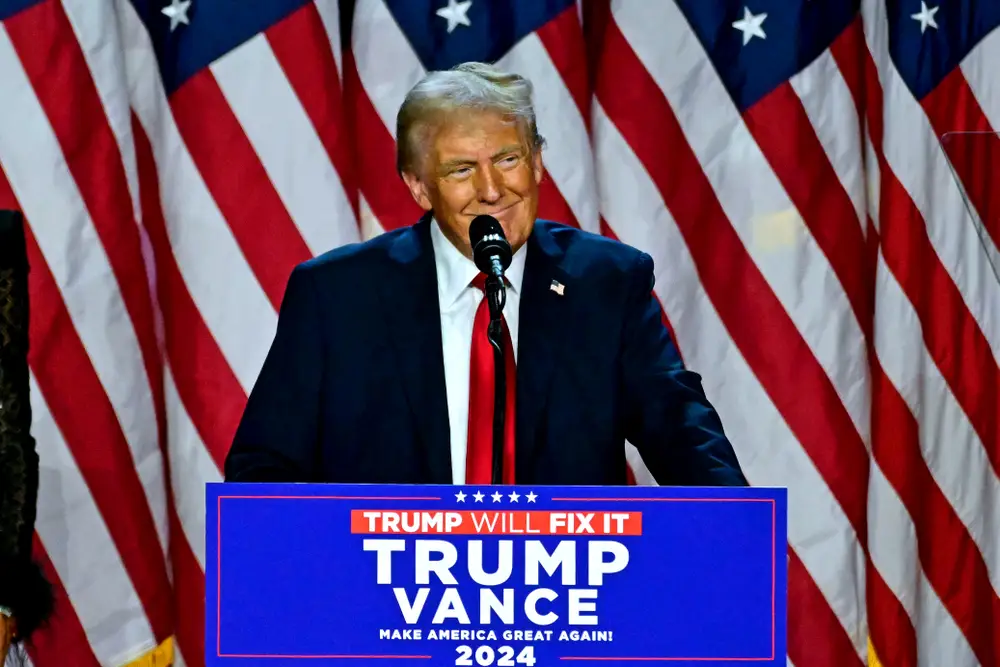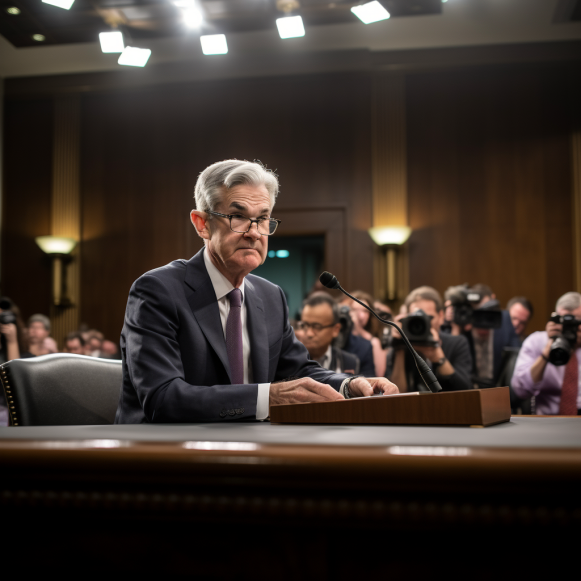Europe faces a ‘full-blown recession’ under Trump’s tariffs, a major Dutch bank is warning

Donald Trump pledged on the campaign trail to renew his protectionist tariff policies if reelected.
The eurozone economy faces the possibility of a looming recession as tariffs promised by President-elect Trump look set to dampen growth, according to analysts at a Dutch bank.
“A looming new trade war could push the eurozone economy from sluggish growth into a full-blown recession,” a team including James Knightley, chief international economist at ING, wrote in a note to clients.
Trump pledged on the campaign trail to impose a fresh era of trade tariffs, building on policies he enacted during his first term as president.
He has vowed to impose a 60% tariff on goods imported from China and a 10% blanket tariff on all other goods entering the US.
While China was the primary focus of the tariffs the first time around, Europe could be in the firing line in Trump’s second term.
European Union economic growth is already struggling, and has lagged behind the US in recent years. The bloc expanded by 0.2% in the most recent quarter, compared to 0.7% growth in the US.
The US is Europe’s largest market for exports, particularly for industries like automobiles, pharmaceuticals, and luxury goods, so any tariffs could cause further pain. Germany’s stuttering auto industry, a crucial part of Europe’s largest economy, could be particularly affected.
“The already struggling German economy, which heavily relies on trade with the US, would be particularly hard hit by tariffs on European automotive,” ING’s analysts wrote in a section of the note titled “Europe’s worst economic nightmare comes true.”
Along with potential tariffs, ING’s analysts said the prospect of Trump reducing US military support for Ukraine could also create a headwind for the European economy.
“Uncertainty about Trump’s stance on Ukraine and NATO could undermine the recently stabilized economic confidence indicators across the eurozone,” they wrote.
There are also worries that if Trump reduces financial aid to Ukraine, Europe will be forced to allocate more spending to the conflict.
“Even though tariffs might not impact Europe until late 2025, the renewed uncertainty and trade war fears could drive the eurozone economy into recession at the turn of the year,” ING said.
ING’s view was echoed by Nigel Green, CEO of UK-based financial advisory firm deVere Group.
He said Europe’s economic challenges, including high energy costs, sluggish economic growth, and geopolitical instability, would only get worse in the event of a tariff battle with the US.
“A fresh trade war with the US under Trump’s presidency could exacerbate these problems, destabilizing the region’s economy further,” Green said.






